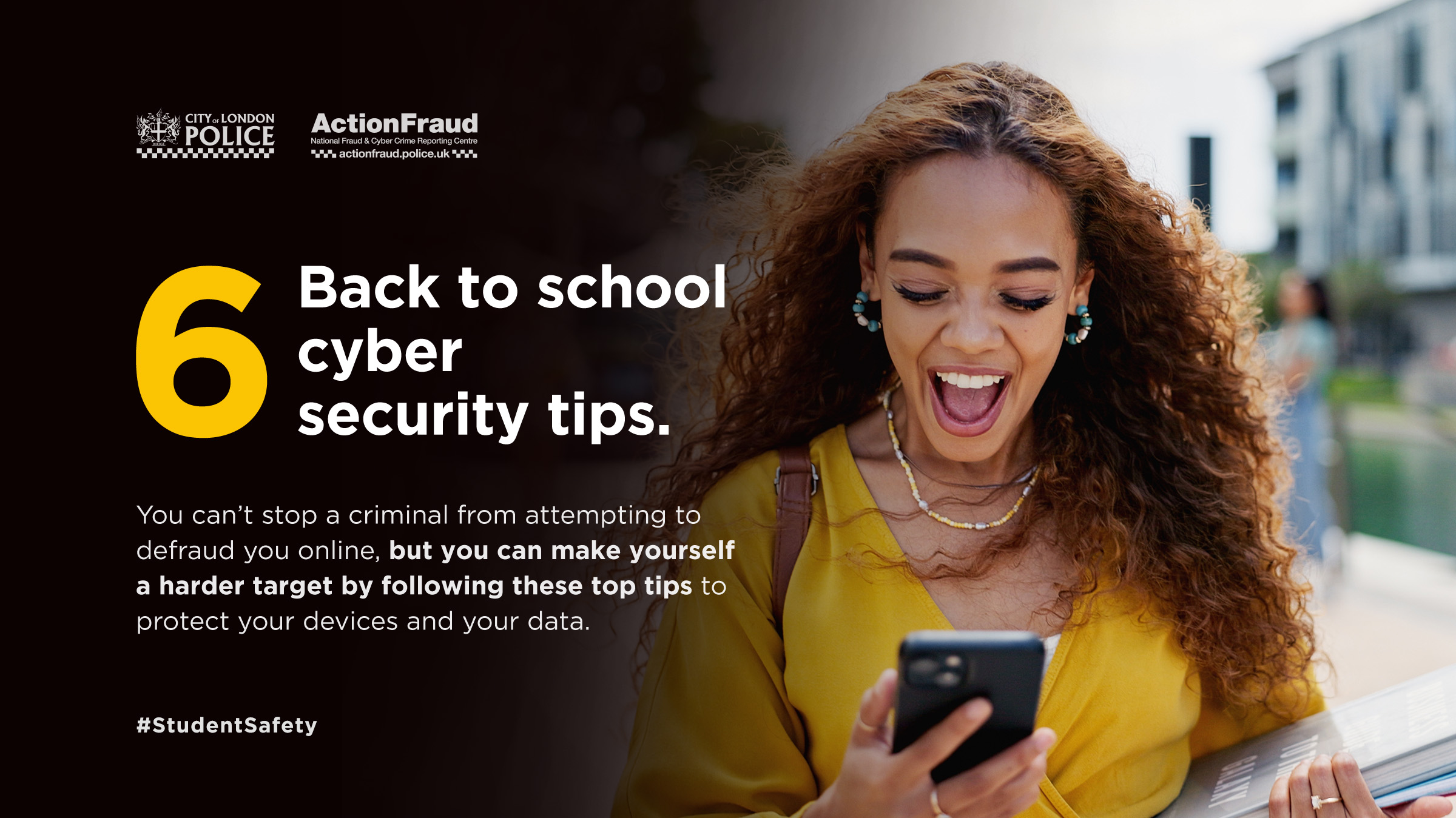- Investment fraud: with a total loss of £29,509,631
Criminals will target students looking to make quick-wins with available cash through cryptocurrency or schemes with a promise of high return investment. They are usually easily targeted through social media and online where many investment schemes operate.
- Fake job fraud: with a total loss of £149,719
Students looking for job opportunities can be targeted by fraudulent adverts aimed at stealing personal information or money. Students might be asked for an upfront payment for a fake consultation or extra help finding a job, but the fraudster does not deliver.
- Rental fraud: with a total loss of £4,270,255
Rental fraudsters often target students looking for university accommodation. Fraudsters ask students to pay fees in advance without seeing a property first, and as a result they lose money as well as somewhere to live.
- Online shopping fraud: with a total loss of £9,199,951
Often fraudsters will create fake websites or replicate legitimate online stores to trick customers into providing their personal and financial information for a purchase that isn’t real. This can lead to those details being used for criminal activity.
- Ticket fraud: with a total loss of £1,053,493
Fraudsters will use opportunities, like highly in-demand events, to target students by selling fake tickets. Students looking for cheap deals for freshers’ events can also be targets.
What can you do to protect yourself from fraud?
Here is some guidance to help students and others protect themselves online, whilst starting the new the school or university year.
- Protect your online accounts: the password you use for your email account should be different from all your other passwords for online accounts. Use three random words to create a strong and memorable password, and enable 2-step verification (2SV).
- Be cautious about how you send money: avoid paying via bank transfer and don’t be pressured into transferring large sums of money. Any trusted organisation will not force you to transfer money on the spot and only a fraudster will try to rush you. For making purchases online, use a credit card if you can.
- Be wary of unsolicited emails, texts or contact on social media: from seeing unbelievably good deals on tickets, to seeing a suspicious rental property advertised, always double check the authenticity of what you are going to buy online before making a purchase or paying upfront fees.
How to report suspicious emails and texts
- Report suspicious emails by forwarding them to: report@phishing.gov.uk
- Report suspicious text messages or spam calls free of charge to 7726
For more tips on student safety: actionfraud.police.uk/studentsafety
If you’ve lost money or provided your financial information to someone, notify your bank immediately and report it to Action Fraud at actionfraud.police.uk or by calling 0300 123 2040.
